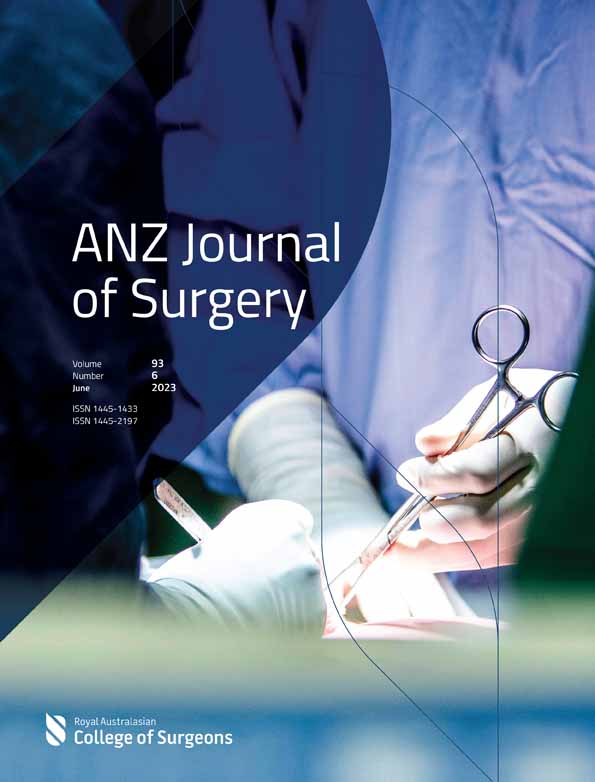Trend of unplanned reoperation rates after lumbar degenerative surgery from 2011 to 2019: a large patient population study
Abstract
Background
Unplanned reoperation is commonly performed due to postoperative complications. Previous studies have reported the incidence of unplanned reoperation following lumbar spinal surgery. But few study focused on the trend of reoperation rates, and the reasons of unplanned reoperation were not clear. In this study, we conducted a retrospective study to determine the trend of unplanned reoperation rates after degenerative lumbar spinal surgery from 2011 to 2019, and the reasons and risk factors of unplanned reoperation were also determined.
Methods
Data of patients who were diagnosed with degenerative lumbar spinal disease and underwent posterior lumbar spinal fusion surgery in our institution from January 2011 to December 2019 were reviewed. Those who received unplanned reoperation during the primary admission were identified. The demographics, diagnosis, surgical segments and postoperative complications of these patients were recorded. The rates of unplanned reoperation from 2011 to 2019 were calculated, and the reasons of unplanned reoperation were statistically analysed.
Results
A total of 5289 patients were reviewed. Of them, 1.91% (n = 101) received unplanned reoperation during the primary admission. The unplanned reoperation rates of degenerative lumbar spinal surgery firstly increased from 2011 to 2014, with a peak rate in 2014 (2.53%). Then, the rates decreased from 2014 to 2019, with the lowest one in 2019 (1.46%). Patients with lumbar spinal stenosis have a higher rate of unplanned reoperation (2.67%) compared with those diagnosed as lumbar disc herniation (1.50%) and lumbar spondylolisthesis (2.04%) (P < 0.05). The main reasons for unplanned reoperation were wound infection (42.57%), followed by wound hematoma (23.76%). Patients who underwent 2-segment spinal surgery had a higher unplanned reoperation rate (3.79%) than those receiving other segments surgery (P < 0.001). And different spine surgeons had different reoperation rates.
Conclusions
The rates of unplanned reoperation after lumbar degenerative surgery increased at first and then decreased during past 9 years. Wound infection was the major reason for unplanned reoperation. 2-segment surgery and surgeon's surgical skills were related to the reoperation rate.
Conflict of interest statement
None declared.
Open Research
Data availability statement
The raw data supporting the conclusions of this article will be made available by the authors, without undue reservation.




